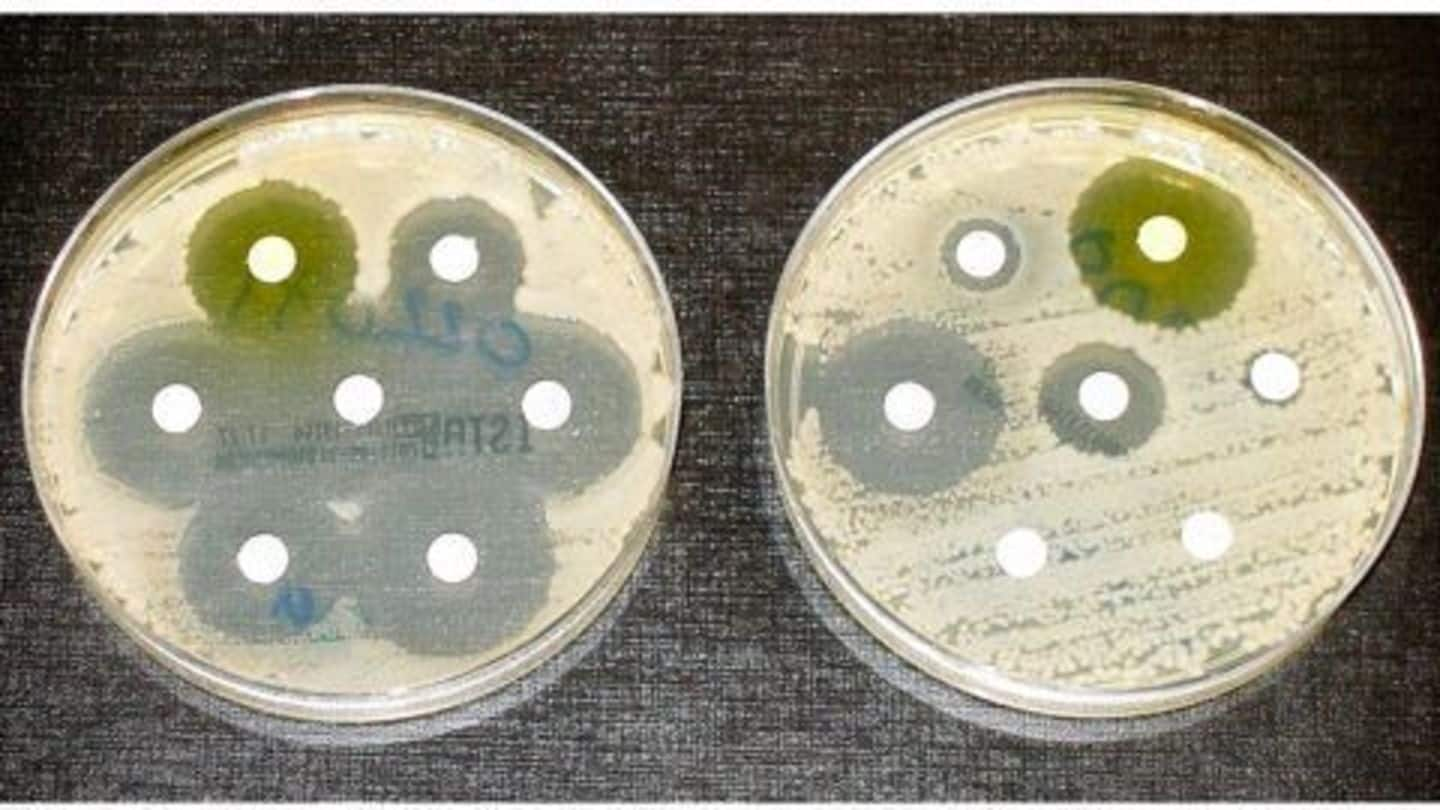
UNGA elevates antibiotic resistance to crisis level
What's the story
The United Nations General Assembly has elevated antimicrobial resistance to crisis level during a high-level meeting in its 71st Regular Session. It explained how antibiotics turned less useful to treat bacterial illnesses and addressed ways to tackle the same. Highlighting antibiotic resistance as a global problem, the UNGA said miracles of modern medicine like penicillin and tetracycline are at the risk of turning ineffective.
Introduction
What is antibiotic resistance?
Antibiotic or Antimicrobial resistance occurs when microbes/germs evolve to become partially or entirely resistant outsmarting antibiotic drugs to become superbugs. Misuse or overuse of prescribing practices exposing germs to drugs significantly trigger the resistance and result in unnecessary side effects. Experts say that the extremely scary situation is one of the greatest threats to humanity as simple infections could also become untreatable soon.
Information
Previous high-level meetings on health issues
The United Nations General Assembly - in its 70-year history - has held three similar high-level meetings to discuss health issues like HIV (2001), the increase in non-communicable diseases like heart disease (2011), and Ebola (2013).
Declaration
UNGA members commit to fight against resistance
The UNGA's 193 member nations signed a declaration committing to fight against antibiotic resistance. The resistance is believed to cause over 700,000 deaths across the globe, every year. Members will develop regulatory and surveillance systems on the antibiotic usage and sales, educate health professionals, raise public awareness, and develop new antimicrobials. They will reportedly have two years to come up with an action plan.
Quote
Declaration will have very strong implications
Keiji Fukuda of the World Health Organization stated: "I think the declaration will have very strong implications (for food and economic consequences). What it will convey is that there's recognition that we have a big problem, and there's a commitment to do something about it."
Animal Agriculture
Ability to have adequate food supplies at risk
Animal agriculture is at the core of the global crisis; it includes the slaughtering of 9 billion food animals each year in the US alone. Farmers and food companies use antibiotics for treating sick animals and feeding them a steady drug diet to prevent illnesses. Due to antibiotic resistance, the ability to have adequate food supplies (through healthy food animals) is at risk globally.
Data
Deaths due to antibiotic resistance in the US
According to the US Centers for Disease Control and Prevention, about 23,000 people die each year in the country as a direct result of antimicrobial resistance. Some of the deaths were from diseases, including E. coli infections, which were once easily treated with drugs.
Drug Policies
US Government's crackdown on the usage of on-farm drugs
Public health advocacy groups pressurized the US Government to crackdown on the usage of antibiotics on animals. New York-based Natural Resources Defense Council (NRDC) rates the 25 largest fast food chains in the US on their antibiotic policy and transparency. NRDC's 2016 report shows biggest restaurant chains have successfully implemented new policies and forced meat producers to change the way on-farm drugs are used.